.png)
Reaching net zero
Inclusive Forum on Carbon Mitigation Approaches
The Inclusive Forum on Carbon Mitigation Approaches (IFCMA) is an initiative designed to help improve the global impact of emissions reduction efforts around the world through better data and information sharing, evidence-based mutual learning and inclusive multilateral dialogue. It brings together all relevant policy perspectives from a diverse range of countries from around the world, participating on an equal footing basis, to take stock of and consider the effectiveness of different carbon mitigation approaches.
Read more

.png)

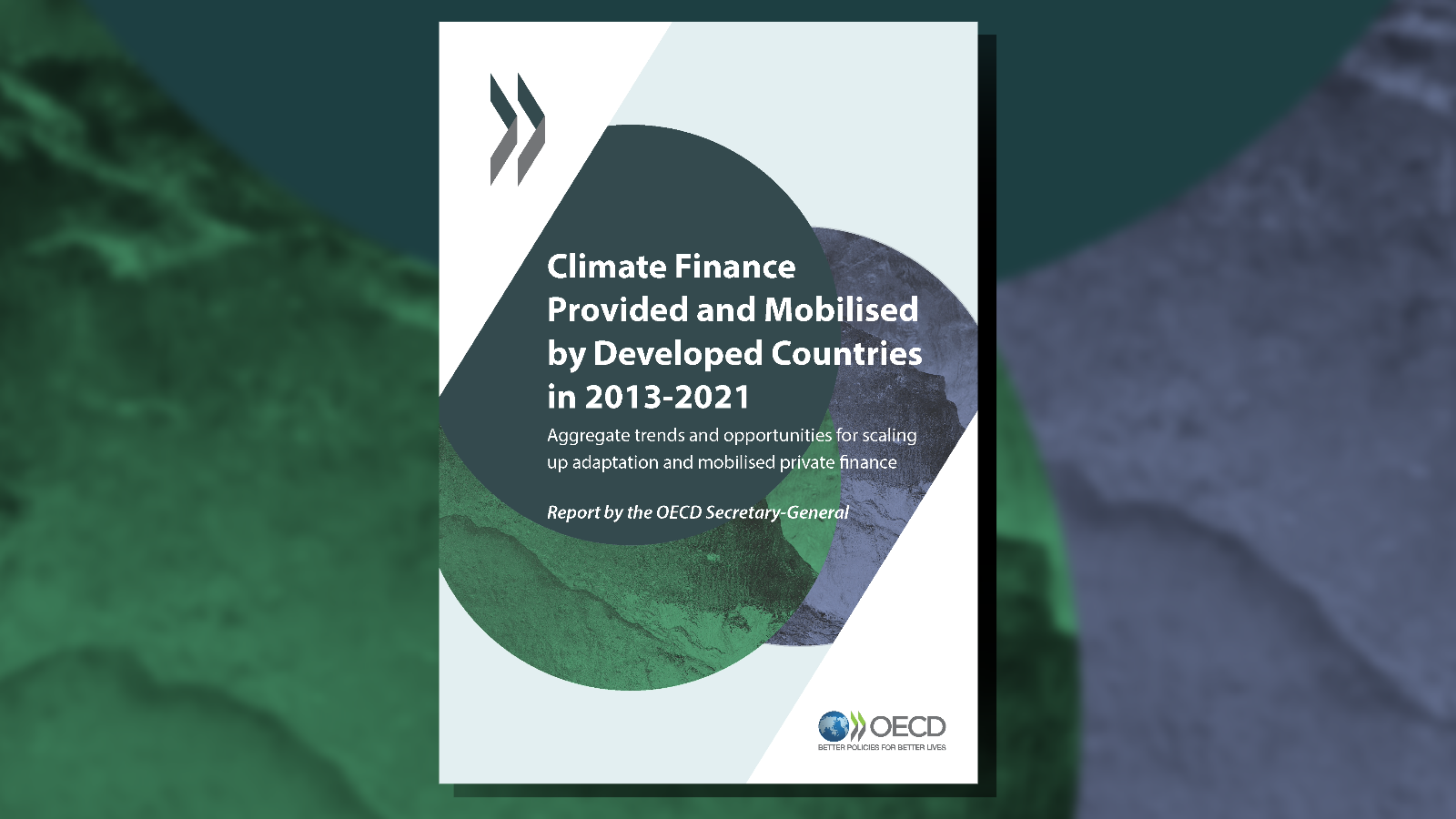
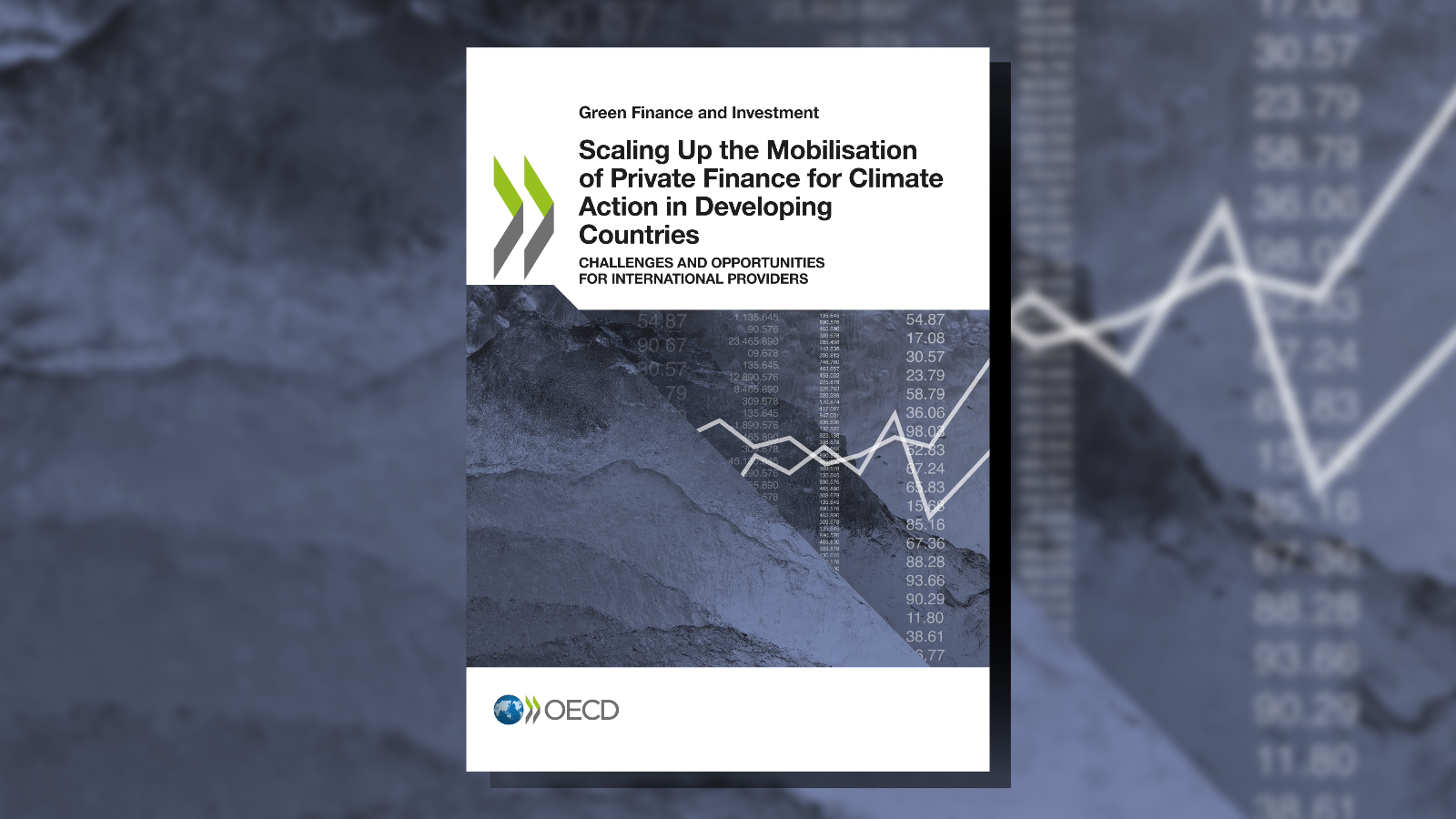
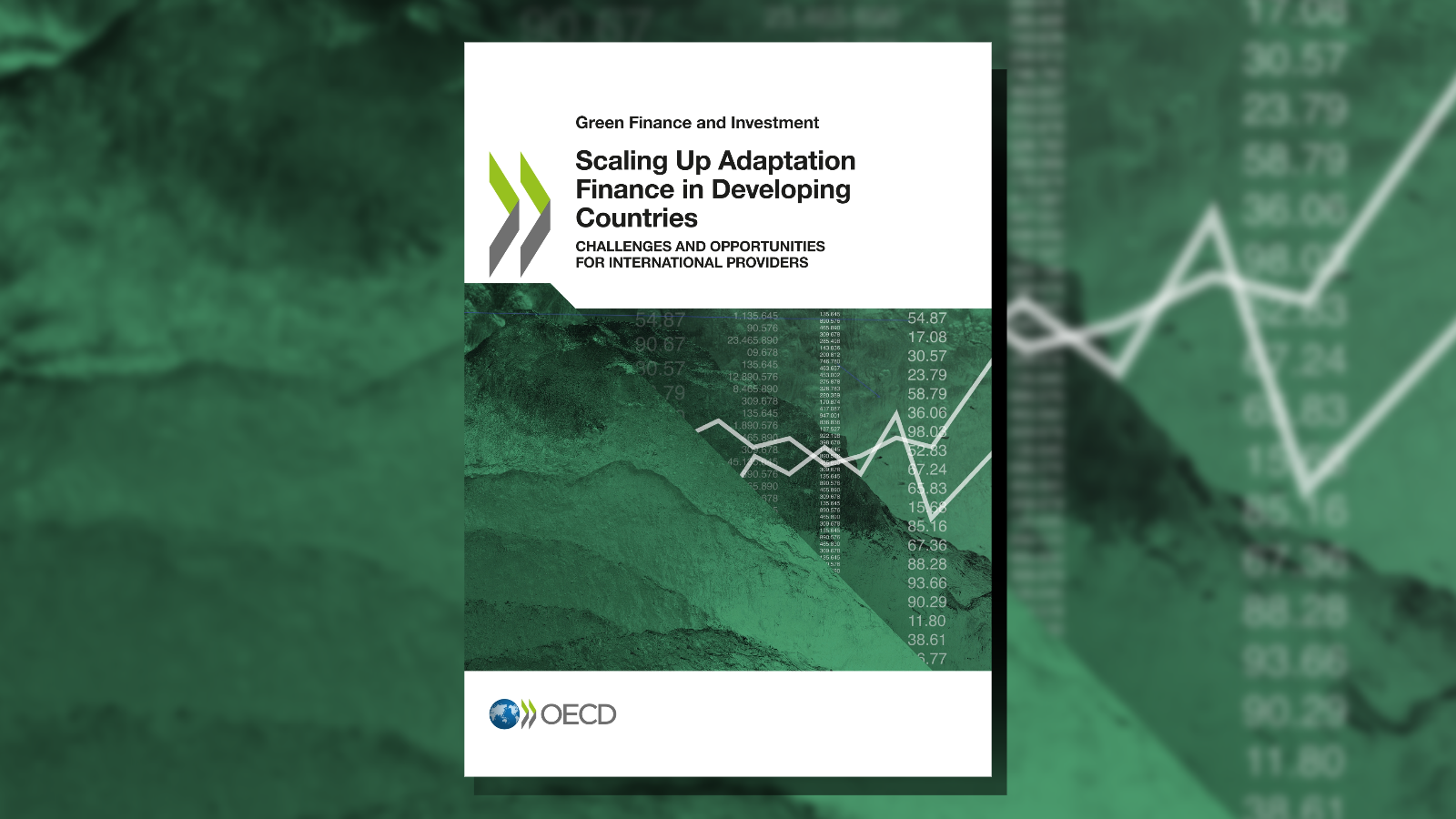
.png)

.png)

.png)
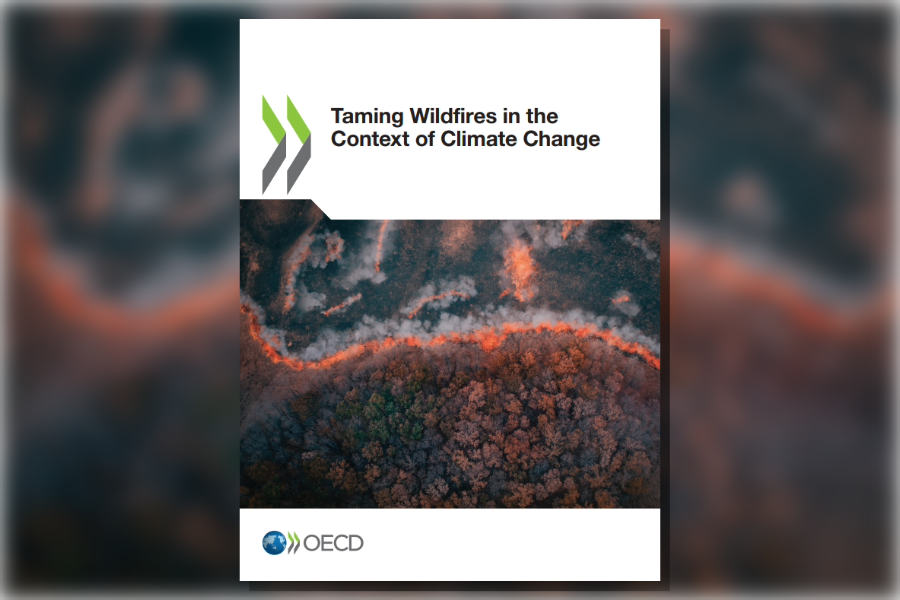
.png)
.png)

.png)
.png)
.png)
.png)
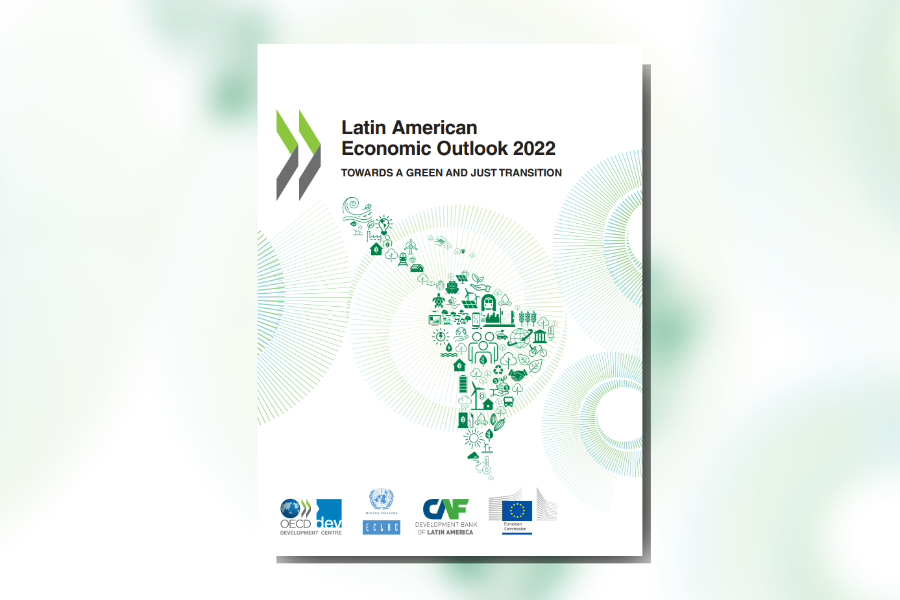
.png)

.png)
.png)

.png)
.png)
.png)


.png)
.png)




.png)